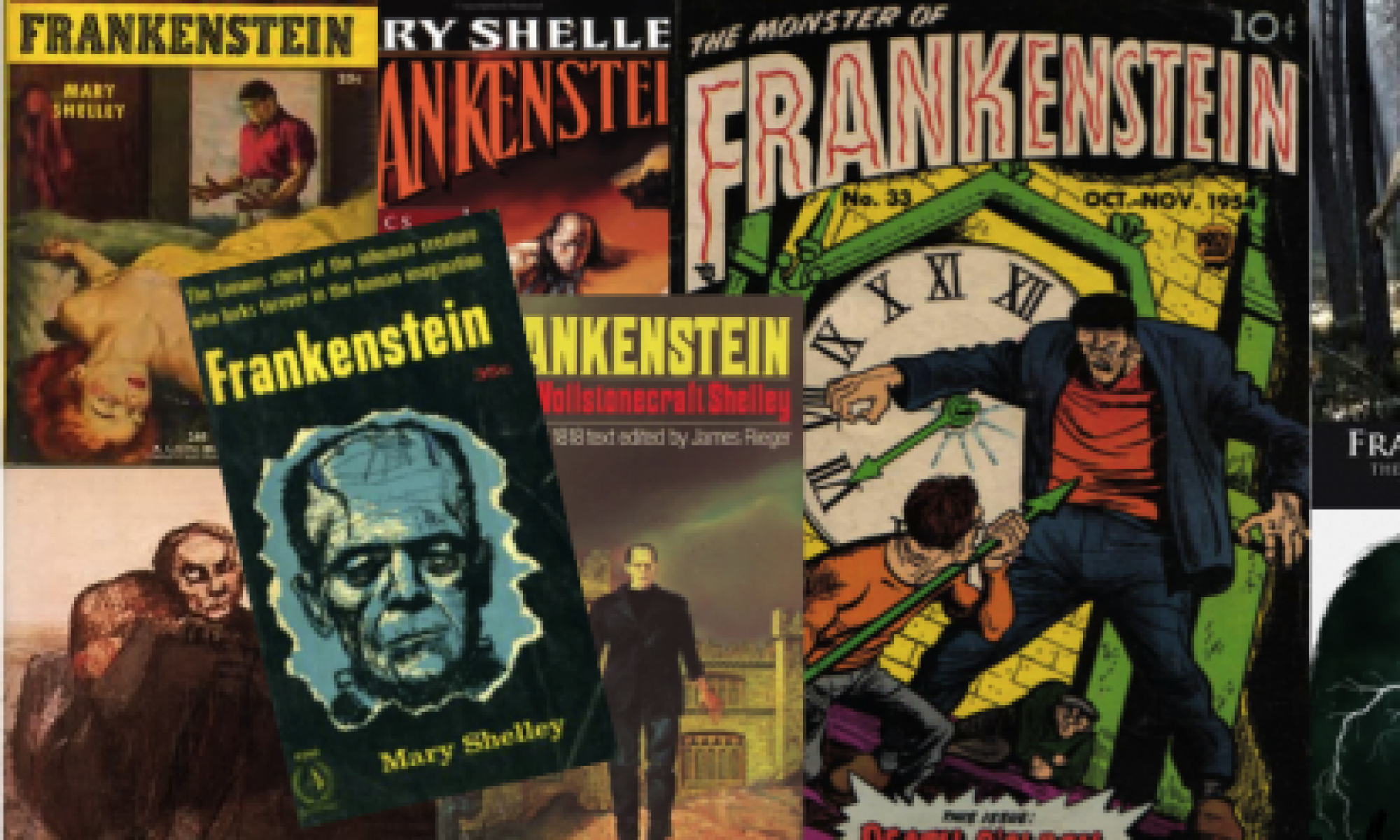Frankenstein’s Proposal
Through analyzing Robinson Crusoe, I concluded that money can’t buy happiness – relationships build happiness. Here I will argue the same conclusion for Frankenstein.
“I am malicious because I am miserable. Am I not shunned and hated by all mankind?” Said Frankenstein’s creature when proposing that Victor creates another monster, “of the same species and having the same effects” (194) as himself. The creature is hated by everyone he encounters, and is not given the chance to speak before they physically abuse him due to his horrendous deformities.
Frankenstein wants the ability to share emotions with others, have conversations with others, and express his appreciation and generosity to others; in sum, he desires relationships. He classifies himself as the most wretched outcast (172) to ever walk because of his never-ending loneliness. Frankenstein feels sure that if Victor created a woman of his kind, he would finally feel joy and happiness in life.
After considering and commencing this operation, Victor decides to destroy the body of the companion out of fear that the two creatures will reproduce and cause harm to all mankind.
It is worth noting that Frankenstein could have asked for many other favors rather than for the creation of a friend. He could have asked Victor to operate on him in a plastic-surgery type mannor to minimize his deformities and make him appear more human and less monster-like. He could have asked Victor to supply him with money and riches so that he could create his own home far away from other civilizations. He could have asked Victor to introduce him to his family and welcome him into his home. Instead of these various options, Frankenstein solely wants a companion. Why? Because as monstrous as he may be, he is human enough to acknowledge that relationships create happiness.
Frankenstein studied a family while he was on his own after being brought to life and abandoned by Victor. He watched their expressions, attitudes, and interactions as closely as possible for months. Frankenstein watched them laugh, cry, converse, hug, play instruments and sing. He studied their relationships with one another and how they loved one another, and soon he himself fell in love with the family.
His learning is what led to his realization that people bring people happiness, as easily as people can bring others sadness and misery. Victor created Frankenstein and left him to be miserably alone; now Frankenstein wants him to abolish his loneliness and despair by creating another being for him to have a relationship with. Through a relationship, the creature feels as though he can find happiness.
Relationships build happiness because they bring purpose to one’s daily life. Castaway is a film adaptation of Robinson Crusoe where a UPS delivery man’s plane crashes and he is deserted on an island. In the peak of his loneliness, the delivery man creates a human-like doll out of a volleyball and names it Wilson. He does this to maintain his sanity, improvise with human conversation, and to feel a sense of comfort in company. In his time of utmost unfortunate luck, all the man wants is company. He wants relationships.
Through Frankenstein and Robinson Crusoe with their various adaptations, one message remains constant; relationships create happiness.
